Do’s and Don’ts of English learning with young children
The benefits of knowing a second language go far beyond those of communication. People who know more than one language have been shown to have better memories, better problem-solving skills, better attention-spans and even a greater ability to multitask. Whether for hidden reasons such as these or for more traditional ones, like being able to work and travel more freely, the advantages of starting language learning from a young age are huge.
But what is the best way to approach teaching English to young children? Should you really be teaching your baby a language? How is that even possible? Here are some Do’s and Dont’s of teaching English to young children.

Do Start Young
The advantages of starting language learning from a young age are tremendous. It is now commonly accepted among linguists that a person’s ability to reproduce sounds worsens progressively from childhood, through to adolescence and then adulthood. This means that although a person can achieve a good accent later in life, it is much easier to have an authentic accent having started as a child. It is also beneficial to have a base of a second language very early, as this language can progress in a more ‘natural’ way; for example, it is generally easier to teach basic vocabulary, such as colours and animals, to children rather than to adults, because this language is more easy to relate to their daily lives. Adults generally aren’t so enthusiastic about singing songs about colours!
Don’t Force
Learning a language should always be a positive experience, but this is even more important for young children. If learning English seems like a chore, it can create a negative connotation that stays forever. Many adult learners feel frustrated or unenthusiastic about starting or resuming English classes. Often this is because they weren’t properly encouraged or stimulated as a child. A great way to avoid negative ideas surrounding learning is to eliminate the idea that learning is taking place. For very young children, this will most commonly be through being passive; by watching children’s cartoons, listening to songs, or by being read stories.
If and when your children attend some type of English classes, make sure that they are classes that they enjoy going to. Early English classes today should be based on songs, stories and games.
Do Use Various Methods
As stated above, with very young children passive learning through watching and listening can be a great way to be taken into the world of another language without the learner even considering it. This is a great way to begin but should be mixed (over time) with other methods of practice.
Speak to your child in English where possible (without forcing yourself). When choosing a colour of paint, when eating some food, when seeing a dog on the street, say some words that you know. If you are not very confident in English, it doesn’t matter – you can just say the words that you know. You can even learn some new words yourself by learning some nursery rhymes!
There are many ‘playgroups’ or ‘nurseries’ that offer English-based childcare around the world today. This can be a great experience for your child to continue with a ‘natural’ approach to learning their second language. If you don’t have access to this type of formal education, or it is too expensive, there are often free group-meetups, including ‘mother/child’ meetings which are conducted in English. Try searching for groups such as these on Facebook.
Don’t Fear Language Loss
A few decades ago, there was a common misconception that learning a second language from a young age would interfere with the development of a child’s first language. Fortunately, many studies have now shown this to be untrue. Some studies have even claimed that in the long-term, the mother tongue may be improved as a result of learning a second language. So don’t be afraid of confusing your child or making them lose their first language. It won’t happen!
Do Think Bilingual
I have talked in the past about the benefits of anglicising your daily life. This can be greatly beneficial to your English learning and can be done in some pretty simple ways. An act as simple as changing the language setting of your phone or Facebook account to English can have benefits that you don’t even notice.
Try to do the same thing with your child’s life. Of course, read them English books, but also:
* when you write the shopping list, do that in English too.
* listen to an English radio station while you are cooking (find one on Tune In). And, perhaps most importantly,
* talk to yourself (and your child) in English.
This might seem a bit strange at first, but there are real benefits for your child’s listening skills and vocabulary. Almost all of the children’s first words are vocabulary that they hear their parents saying (mama, dada, cat, dog etc.) Try being the narrator of your own life story; you will practice sentences for yourself, and teach vocabulary to your child.
We are in the kitchen! Mama is cooking pasta. Where is the pasta? Let’s cut the tomatoes!
Don’t Give Up!
This is really important. If you stop your child’s interaction with English for one day, then it can become a week, and before you know it, it will be a year. Learning a second language from a young age is a truly priceless gift to give to your child, but like many worthwhile things in life – it won’t be easy.
You may experience times when your child begins to reject the second language. For example, they might stop speaking it to you, even if you are speaking in it to them. Unfortunately, many bilingual parents often give up when they realise that their child isn’t replying in the same language. But don’t worry about this – continue to speak English anyway. Even if your child never speaks to you in English again, they will understand you, and the benefit will continue to serve them.
Have I missed anything out? Do you have any advice for someone teaching English to their young children? Or do you have any questions? Let us know in the comments section below.
Podcast: Play in new window | Download

